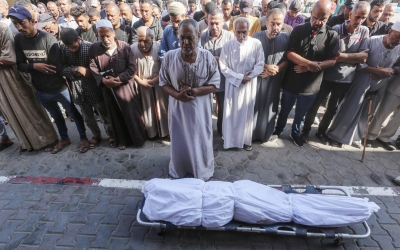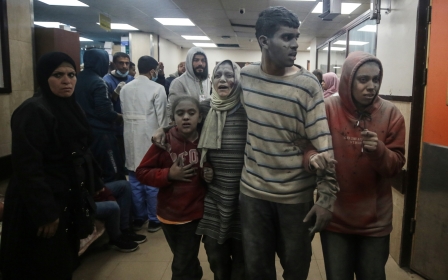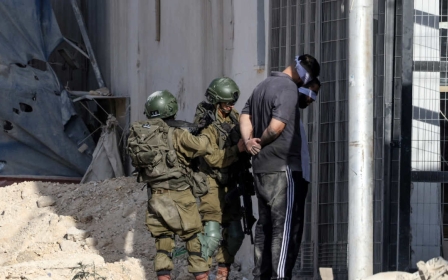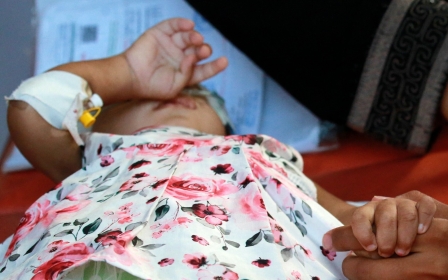USAID warns that Israel's forced displacements could 'debilitate' Gaza aid efforts: Report
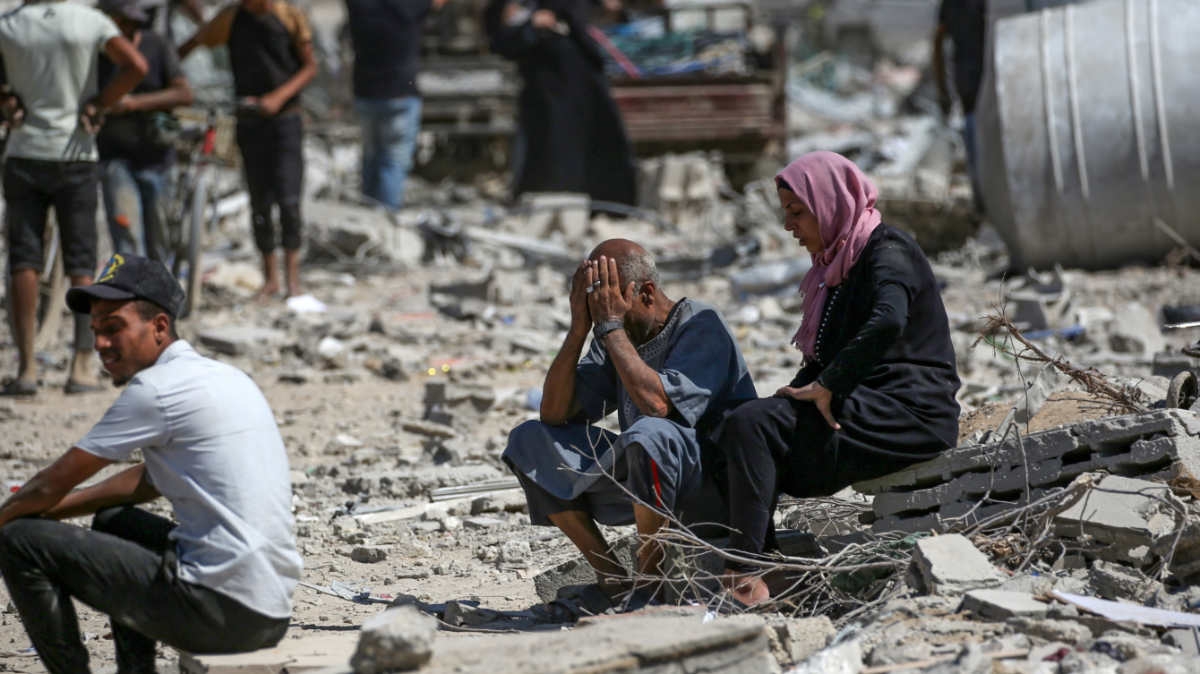
Israel’s decision to accelerate a forced displacement of Palestinians in Gaza over the summer has “exacerbated” the humanitarian crisis in the besieged enclave, according to a leaked US cable circulating on social media.
The cable provides a blunt assessment of Israel’s forced displacement orders, in one case noting that at least 1.7 million Palestinians were crowded into a “safe zone” whose size is equivalent to just 70 percent of the total area of Washington’s Dulles International Airport.
The cable was reported by online news site Klip News on Wednesday. It includes an assessment by the US Agency for International Development (USAID) on the accelerated pace of Israel’s forced displacement orders between 22 July and 25 August.
“Many people have been displaced multiple times, as the IDF has issued evacuation orders under unsafe conditions in quick succession and with little warning before operations begin, heightening protection risks,” the USAID’s disaster assistance relief team said.
"In addition to displacing large swaths of the population, IDF evacuation orders and subsequent military operations further constricted humanitarian space in Gaza, compounding risks to humanitarian staff and curbing access to populations in need,” the US officials warned.
New MEE newsletter: Jerusalem Dispatch
Sign up to get the latest insights and analysis on Israel-Palestine, alongside Turkey Unpacked and other MEE newsletters
The bulk of the USAID cable reiterates assessments made by the UN about the deteriorating humanitarian situation in the Gaza Strip, but it does provide a warning.
“The continuation of this pace of evacuation orders could debilitate remaining humanitarian operations in the enclave and, as a result, continued assistance to the 2.1 million people in dire need,” USAID said.
'Dangerous conditions'
USAID said that Israel has not revoked a single forced removal order since October 2023, compounding the shrinking space Palestinians can move in, with many fearing they could be forcibly displaced again.
The cable says the US government has lobbied Israel on “several mitigating measures”, based on the assessment that Israel is “unlikely” to change its overall policy.
The UN on Monday warned that Israel’s order for a forced displacement of Palestinians from parts of Deir al-Balah in central Gaza has severely impacted humanitarian work.
“[The] relocations took place at short notice and in dangerous conditions” the UN office for the coordination of humanitarian affairs, said. “[The relocation] effectively upends a whole lifesaving humanitarian hub that was set up in Deir al Balah following its evacuation from Rafah back in May.”
USAID officials cited the UN’s report that the Deir al-Balah removal order had “the most significant impact on UN operations of any evacuation order in Gaza since October 2023,” impacting 15 UN and NGO guesthouses, warehouses and Al-Aqsa hospital.
A State Department spokesperson told Middle East Eye: “This report did not come from the US Embassy in Jerusalem. The Embassy has discussed with the Government of Israel the sensitive objectives behind the operation in Dir al Bala, and the importance of restoring access, particularly for humanitarian workers as soon as safe in the context of the ongoing operation.”
USAID is an independent US government agency responsible for developmental and humanitarian work. It receives its foreign policy guidance from the State Department.
USAID didn’t respond to MEE’s request for comment by the time of publication.
Middle East Eye delivers independent and unrivalled coverage and analysis of the Middle East, North Africa and beyond. To learn more about republishing this content and the associated fees, please fill out this form. More about MEE can be found here.


